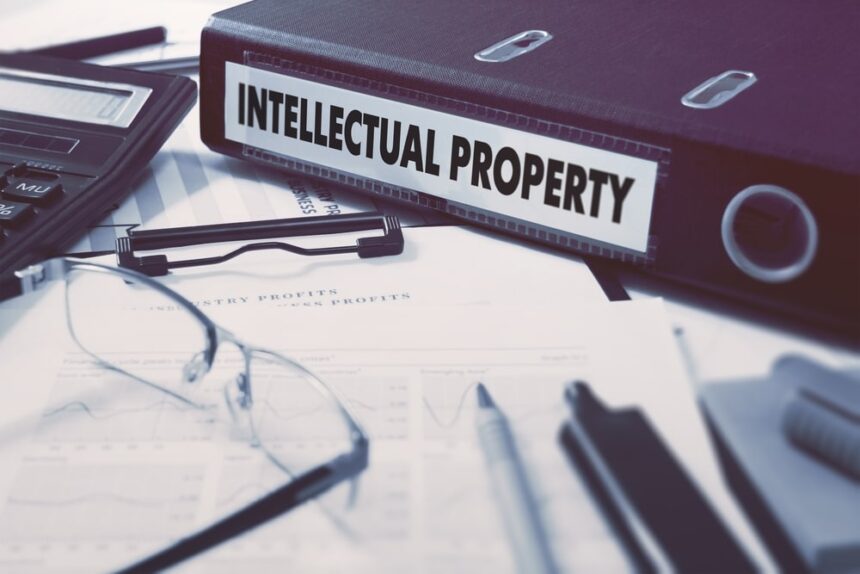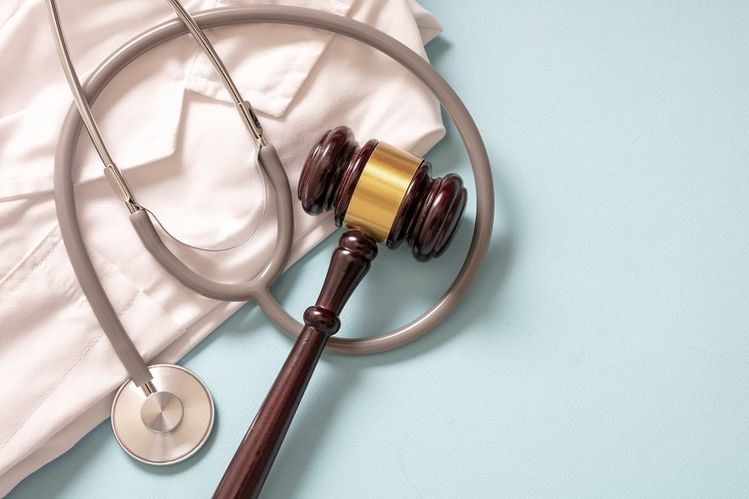PUBLIC OPINION ON DIVORCE: “TILL DEATH DO US PART” SYNDROME (part 2)
By: Victory Sarah Opawoye

Mercy and Kelvin entered into a customary marriage in a rural village in South West Nigeria. The marriage was solemnized according to local customs and traditions, with the consent of both families. The couple lived together for three years and had one child during the course of their marriage. After years of seemingly harmonious marriage, disagreements began to emerge between Mercy and Kelvin. The issues ranged from financial matters to differing expectations regarding the roles and responsibilities within the household. Gradually, these disputes escalated, leading to irreconcilable differences between the couple.
Mercy, feeling that the marriage was no longer sustainable, decided to seek a divorce. However, since the marriage was conducted under customary law, the process of divorce was governed by the local customary practices.
A marriage governed by customary law may be ended by the parties without the need for judicial involvement or a court order; in other words, the spouses may choose to divorce without seeking a court order. However, a formal intention act must be made by the spouse who is ready to end the marriage before dissolution can take place. In most traditions, the husband who wishes to dissolve the marriage receives a return of the bride price and other wedding expenses; at this point, the marriage is said to have been dissolved.
It should be mentioned that, according to customary law, the bride money must be returned in order to dissolve a marriage. However, in some customs in Nigeria, a unilateral dissolution of marriage is only permitted for the husband.
OBSTACLES TO FILLING FOR DIVORCE
1. CONDONATION: This argument is made when one of the parties has previously forgiven and chosen to ignore an act and is now laying a complaint. This is regarded as a waiver of the right to sue for such conduct. The following requirements are necessary for condonation:
a. A knowledge on the part of the injured party of the facts constituting the cause of divorce.
b. Reconciliation and remission of the offense by the injured party.
c. Restoration of the offending party to all marital rights.
2. CONNIVANCE: Connivance is the act of conniving or conspiring, especially with the consent to do a wrongdoing. This implies that where someone knowingly places themselves in a position that could lead to harm, such a person cannot institute an action against the other party. Therefore, an individual will not get a remedy for harm they consented to.
3. COLLUSION: This is an agreement to secretly or illegally carry out actions with intent to deceive. It’s determined by improper motive for divorce between the spouses.
By section 28 of the act, the court may, in its discretion, refuse to make a decree of marriage if since the marriage:
(a) The petitioner has committed adultery that has not been condoned by the respondent or, having been so condoned, has been revived;
(b) The petitioner has willfully deserted the respondent before the happening of the matters relied upon by the petitioner or, where those matters involve other matters occurring during or extending over a period, before the expiration of that period; or
(c) The habits of the petitioner have, or the conduct of the petitioner has, contributed to the existence of the matters relied upon by the petitioner.
Conclusion:
In conclusion, whether divorce is considered a “bad thing” depends on individual perspectives and circumstances. Divorce itself is a legal process that allows individuals to dissolve a marriage when the relationship is no longer sustainable. While it can bring relief from unhealthy or unhappy partnerships, it also involves emotional and practical challenges, especially when children are involved. Some view divorce as a necessary step towards personal growth and happiness, while others may see it as a last resort after exhausting all efforts to salvage the marriage.
The dissolution of marriage in Nigeria involves specific legal processes and grounds. While public opinion on divorce has gradually shifted, societal norms and cultural factors still influence the decision to end a marriage. Understanding the bars to a divorce petition is crucial for those seeking a divorce in Nigeria. Couples contemplating divorce should be aware of the legal implications and requirements to ensure a smooth and just process. It’s essential to consult legal professionals for expert guidance and support during this challenging time.




